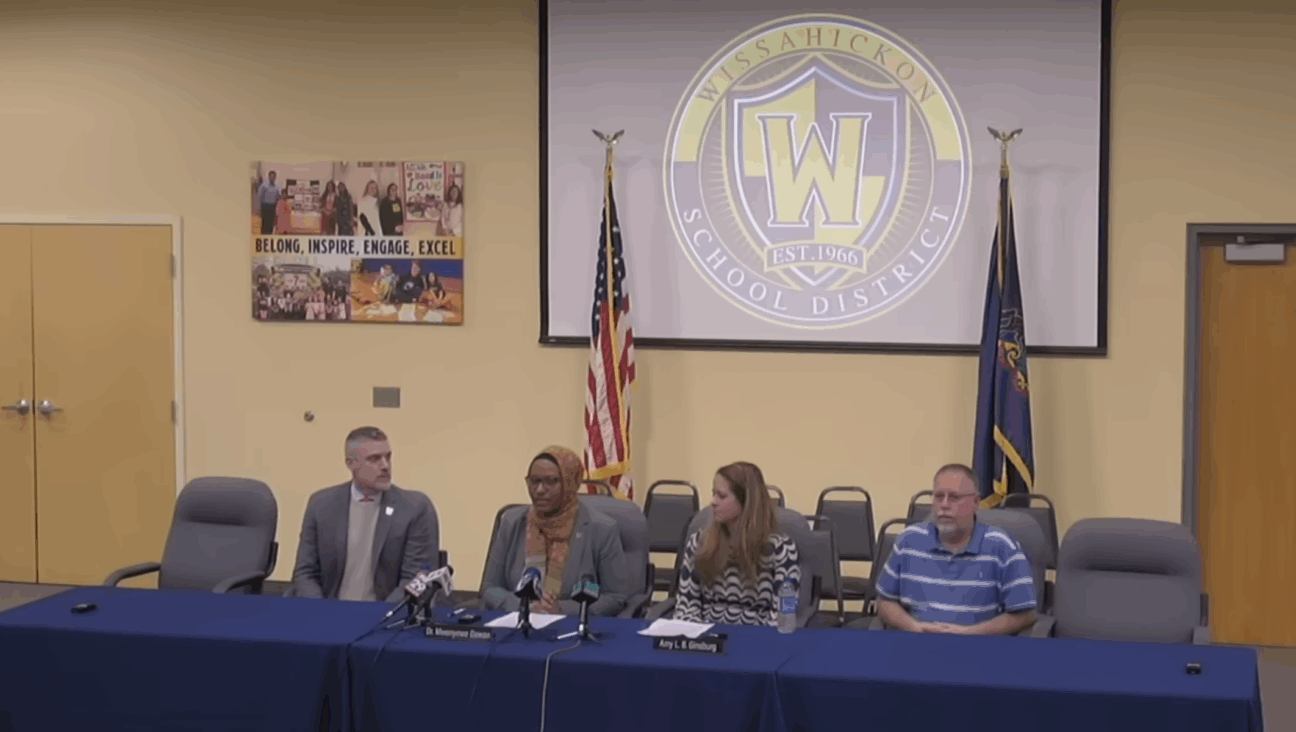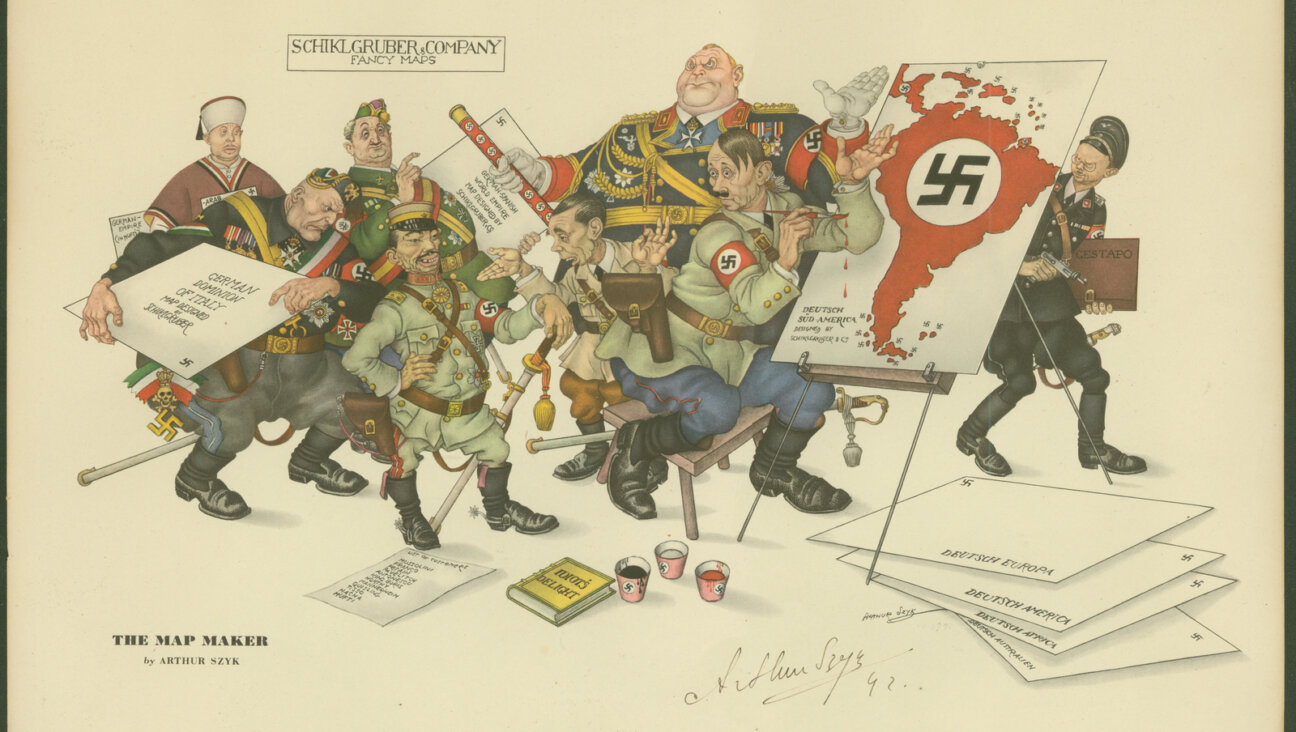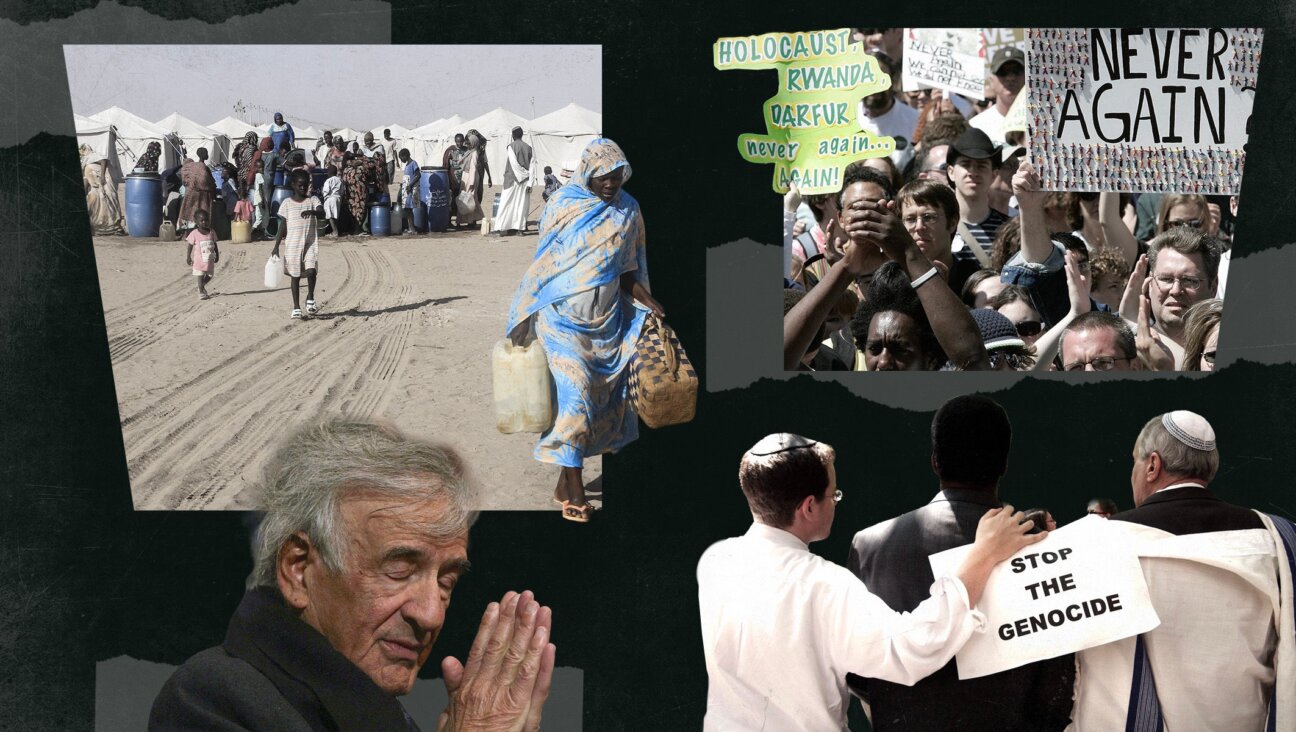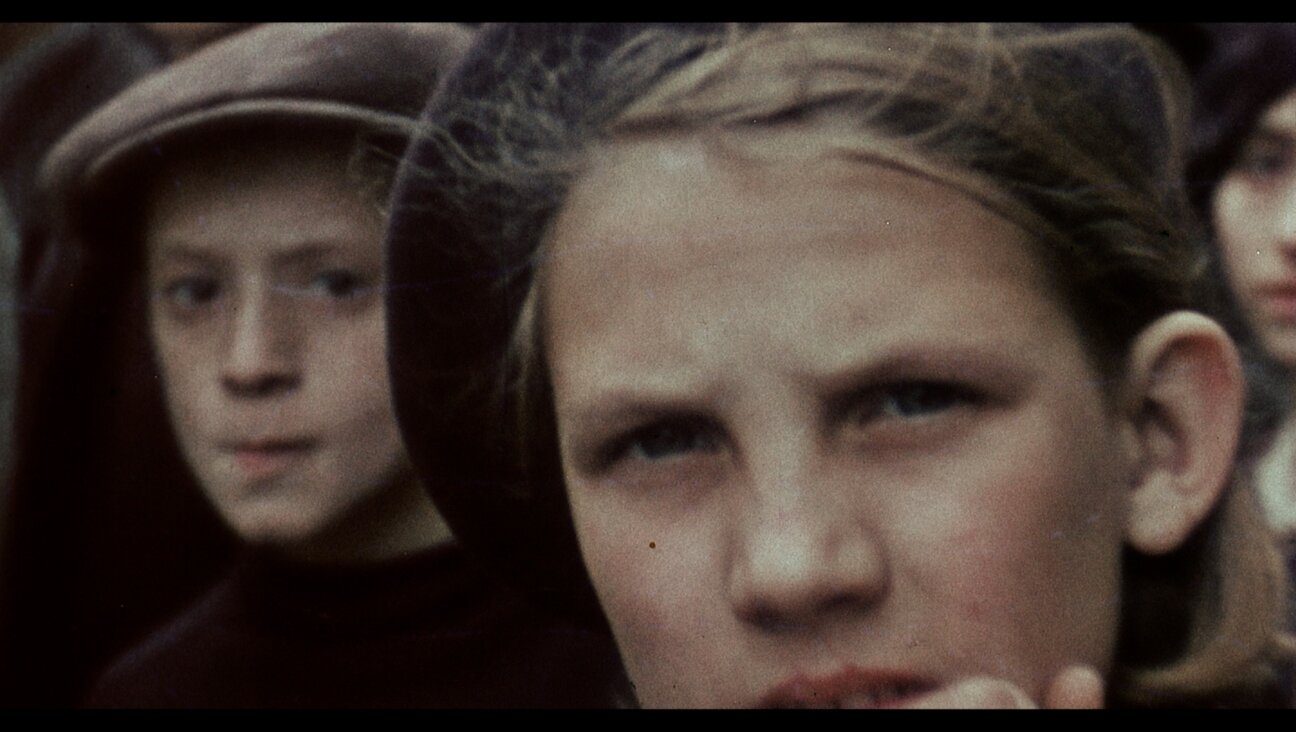Alvin Roth’s ‘Game’ Helps Win Economics Nobel

Image by courtesy nobel prize committee
Life-saving kidney exchange programmes are just one of the practical applications of the market-matching theories for which American economists Alvin Roth and Lloyd Shapley won the 2012 Nobel prize for economics on Monday.
Pairing up students with schools and employers with job seekers – for instance doctors and lawyers taking up their first appointments – are among other examples of how Roth, 60, and Shapley, 89, have separately applied game theory to daily life.

Alvin Roth Image by harvard business school
The Royal Swedish Academy of Sciences, which awards the 8 million crown ($1.2 million) prize, called their work an outstanding example of economic engineering.
Tore Ellingsen, a Nobel committee member and a professor at the Stockholm School of Economics, said the central question when resources are scarce is who gets what.
“Which worker gets which job? Which student gets to go to which school? Which patient gets access to which transplantable organ. Matching theory explains how outcomes depend on the chosen matching procedure,” Ellingsen said.
The award citation said Shapley, an emeritus professor at the University of California Los Angeles, had used game theory to compare various matching methods and make sure the matches were acceptable to all counterparts.
Roth followed up on Shapley’s results in a series of empirical studies.
“I am sure when I go to class this morning, my students will pay more attention,” Roth, who teaches at Stanford and Harvard, told a news conference by telephone from California.
Roth, who was sleeping when the call from Stockholm came and missed the first call, said the award was unimaginable and unexpected: “It certainly is expected that Lloyd Shapley should win the prize. It would have been a grave oversight if he did not. So I am glad to share it with him.”
He described his work as studying “courtship” of many kinds:
“Matching … is about how you get all the things that you can’t just choose but you also have to be chosen – so getting into university, getting married, getting jobs,” he told Reuters. “You can’t just have what you want; you also have to do some courtship and there is courtship on both sides and we study the market place processes by which those types of courtship are resolved.”
The economics prize, officially called the Sveriges Riksbank Prize in Economic Sciences in Memory of Alfred Nobel, was established by Sweden’s central bank in 1968. It was not part of the original group of awards, for sciences and promoting peace, that was set out in dynamite tycoon Nobel’s 1895 will.
Roth is a co-founder of the New England Program for Kidney Exchange, www.nepke.org, which draws on the theory of matching markets to bring together pairs of compatible kidney donors and recipients.
“This is very much what economics is about,” said Ellingsen, the Swedish professor. “How to allocate scarce resources as well as possible, to economise.”















